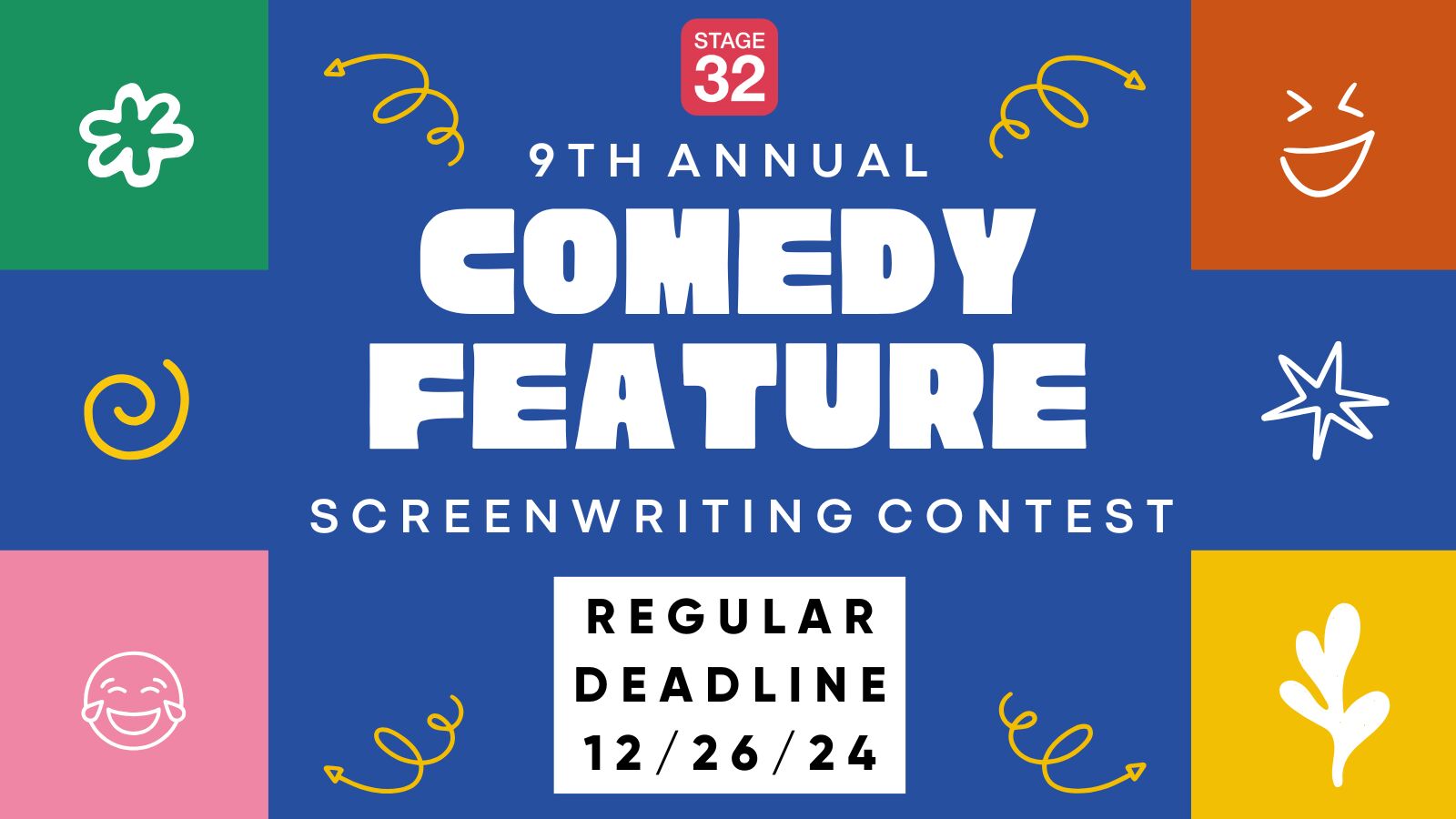Hey folks, I wanted to say that I have just finished my first draft of my first script, a pilot for a fantasy TV show. Took longer than I expected thanks to my unstoppable procrastination :) As you might have guessed I am pretty much a newbie to all this scriptwriting adventure and I have no idea what to do next. Should I immediately move on to a new script or should I work on the first draft? How much do you generally wait before going back to your first draft if you wait and how and when do you know your script is ready for coverage or other stuff? And I hope all your creative efforts are going well!



3 people like this
Congrats on finishing your first draft, Aybüke Günsel! I suggest focusing on one script so you can have a finished product to show, then start a new script after you're done with the first one. I try to put my script to the side for a day or a few days before I rewrite it. I know my script is ready for coverage after I've rewritten it a lot of times and I feel I can't improve it anymore without notes.
3 people like this
What a major accomplishment. I remember when I finished my first script. I wanted to tell the world, but, after I told a few people who didn't seem that interested or excited, I learned to only share my creative successes with likeminded people. I've found so many here on Stage32. Congratulations!!!
Don't do TV stuff....waste of time (and my current well paid 9-5 job)...
3 people like this
Put it in a drawer and forget it. Write another, and another, and another...
Your 6th or 7th script might be good enough to show people.
Not trying to be harsh, but that's the reality. I've been screenwriting for 20 years (in between life, jobs, etc.), and it wasn't until my 6th script that I got interest from a Hollywood producer. And even that script has been page-1 rewritten 4 times since he looked at it!
This is a marathon, not a sprint.
4 people like this
Well done on your first draft! I agree that a good next step is to put it away for a while, focus your mind on something else and then come back to it. Taika Waititi has said he'll put a script away for a year, read it, throw it away and then write what he remembers because it is the good stuff. You don't have to wait a year but leaving it a bit before looking at it again is a good way to look at it from a more objective point of view.
2 people like this
Thank you all for your kind words, encouragement and advice! I think I will set it aside for awhile and after that, I'll see what comes next. I also forgot to ask if you guys know of any book, online source for proper formatting for the second draft. I know the essentials but I am sure there are a lot of things I did not consider in my first draft and I would like to fix those.
3 people like this
Aybüke Günsel , John Ellis is right. This really is a marathon! But--and this is a STRONG "but", do not give up. If you continue writing with passion and don't let any naysayers stop you, you can get there. Congratulate yourself on every script. I believe it's up to us to encourage ourselves when others don't! This is a MAJOR win on your journey!!!
2 people like this
You're welcome, Aybüke Günsel. You can read unproduced scripts to see how scripts are formatted (later drafts of scripts). There are a lot of unproduced scripts in the logline section: https://www.stage32.com/loglines You can also search the internet for "screenplays formatting."
3 people like this
Ewan Dunbar says it best here: put it aside, go work on that next cool idea or concept you have, then come back to it in two weeks, two months, whatever works. It's amazing how much you re-engage in the story and what suddenly "pops" for you that never appeared before. Then absolutely get some coverage on it, even if it's only the first 10 pages. I use that service quite a bit here on Stage32 and it can push you in the right direction, or it may make you realize you need to move on.
4 people like this
The best way to get better at screenwriting - other than writing, of course - is to read scripts. Especially read scripts while watching the film/series it was made from. Not only good ones, but terrible ones, too. Compare and analyze what was written to what was filmed; whether it was effective or not (written and filmed), and why.